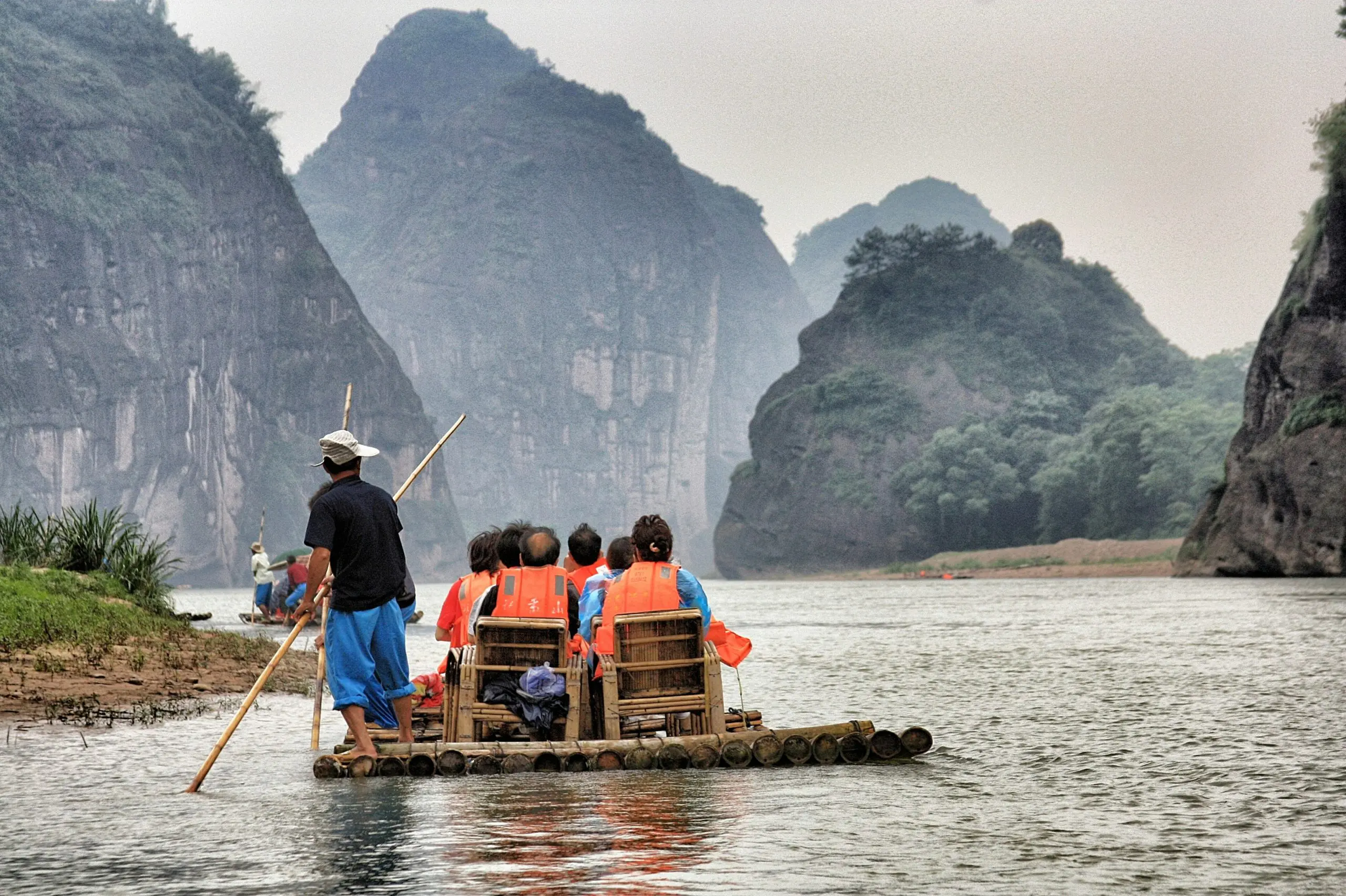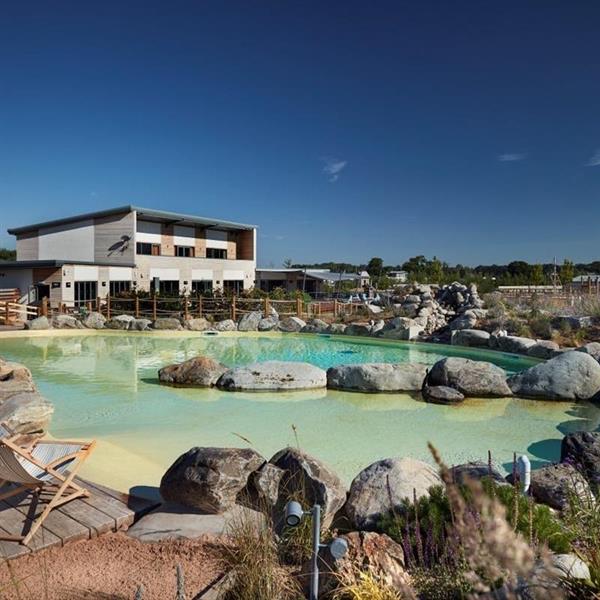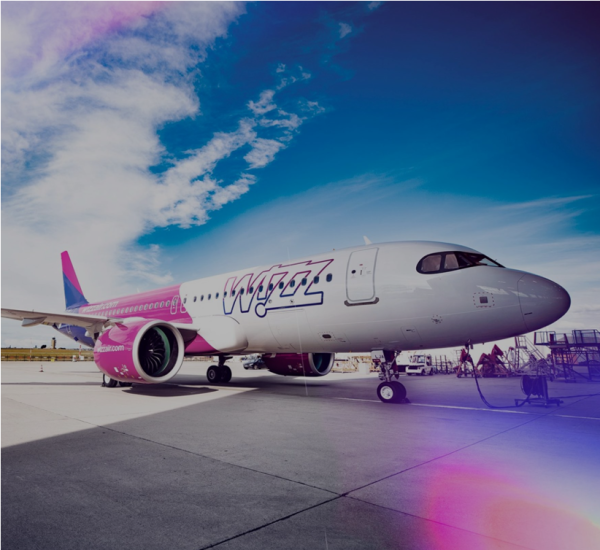The travel and leisure industry is evolving at a rapid pace, shaped by changing consumer behaviour, technological advancements, and global challenges. We hosted a webinar to discuss how marketers can utilise these challenges to their advantage with a panel of leading industry experts: Michael Edwards CEO at Explore!, Alex Saint Co-founder and CEO at Secret Escapes, Dale Smith Founder of Host & Stay and Sally Henry VP of Business Development at Key Data.
Didn’t catch it? Not a problem. We’ve gathered five actionable tips from the panel to take into 2025:
- Adapt to Shorter Booking Windows
Sally Henry, from Key Data, highlighted a crucial shift in consumer behaviour: shorter booking windows. In 2024, 44% of European arrivals were booked within 14 days, a trend likely to persist into 2025. This late booking trend presents challenges and opportunities for pricing strategies.
“The market is moving towards shorter booking windows, forcing pricing adjustments and smarter inventory management,” said Sally. Businesses need to be agile and flexible to maximize revenue while meeting consumer expectations.

- Embrace Technology to Drive Efficiency
AI and technology are no longer optional. Dale Smith of Host and Stay shared how AI-driven tools and sensors are transforming operations. By automating processes like heating management and occupancy detection, his team reduced utility costs for property owners while improving guest experiences.
“AI has allowed us to optimise operations and increase margins without compromising quality,” Dale explained. For 2025, investing in tech to enhance efficiency and reduce costs will be critical.

- Capitalise on the Experiential Travel Trend
Alex Saint from Secret Escapes emphasised the shift towards experiential travel, where consumers prioritize memorable experiences over material goods. This trend has gained momentum post-COVID, with travellers seeking unique, curated trips.
“What enriches life is experience—spending time with loved ones doing fun, exciting things,“ Alex remarked. Businesses should tailor their offerings to focus on experiences that resonate emotionally with travellers.

- Prioritise Sustainability and Local Engagement
Sustainability remains a pressing issue. Michael Edwards of Explore Worldwide stressed the dual importance of reducing environmental impact and supporting local economies. His company is exploring alternatives like train travel and partnering with local guides and businesses to boost regional benefits.
“Sustainability is not just about reducing carbon; it’s about ensuring communities thrive through tourism,” Michael said. For 2025, aligning with sustainable practices will not only meet consumer expectations but also foster long-term success.

- Prepare for an Evolving Consumer Landscape
The economic challenges of 2024 taught businesses to adapt to consumers’ budget constraints. As Sally noted, travellers are finding creative ways to continue traveling, often choosing shorter stays or smaller properties. Understanding these shifts and tailoring offerings accordingly will be essential.
“People are still traveling, but they’re making different choices—shorter trips or more cost-effective options,” Sally observed. Flexibility and value will be key to capturing this market in 2025.
Final Thoughts
2025 promises to be a year of both challenges and opportunities for the travel and leisure sector. By staying agile, embracing innovation, and aligning with emerging consumer values, businesses can position themselves for sustained growth and success.



